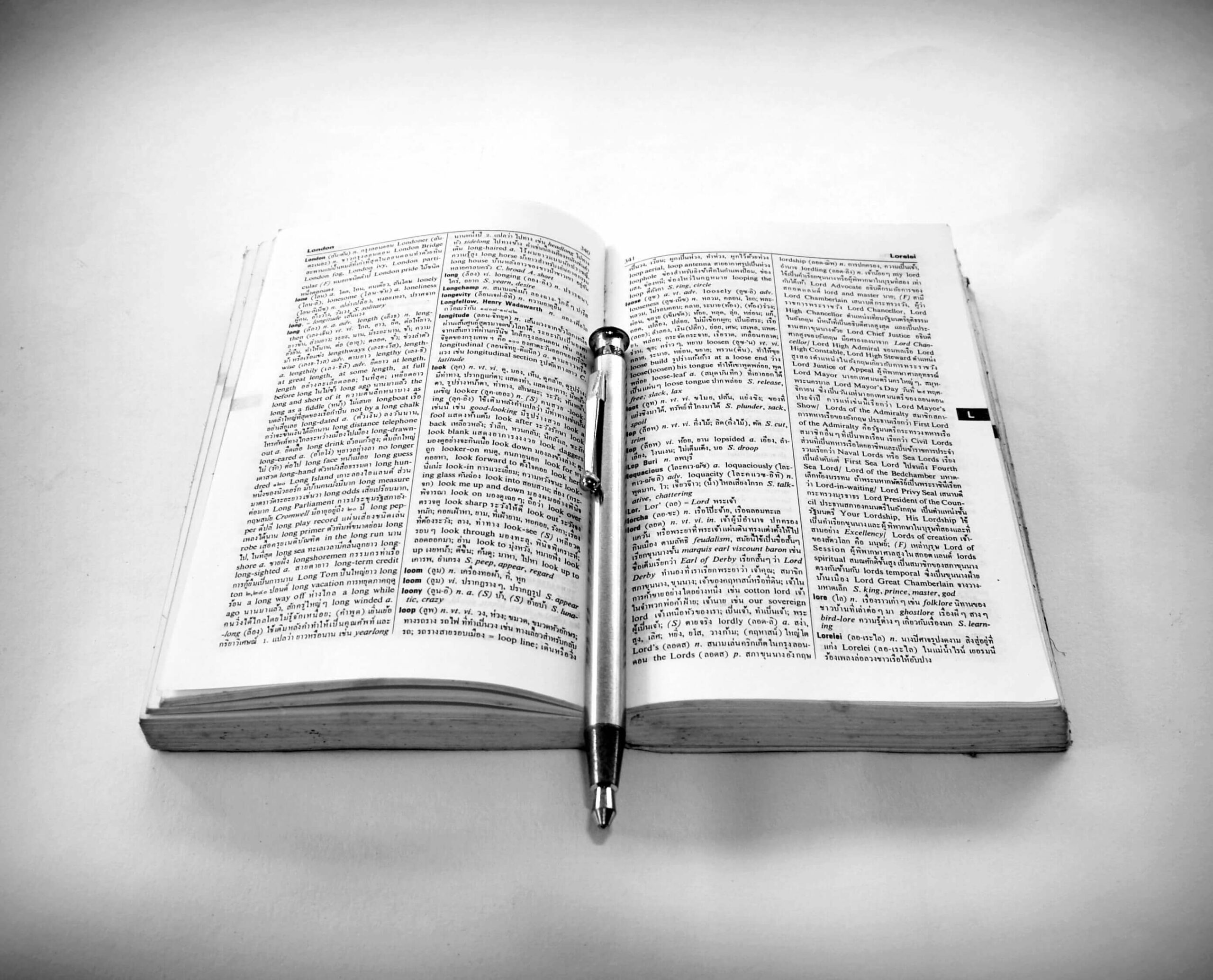
“Three books are opened in heaven on Rosh Hashanah, one for the completely wicked, one for the completely righteous and one for those in between. The completely righteous are immediately inscribe in the book of life. The completely wicked are immediately inscribed in the book of death. The fate of those in between is suspended until Yom Kippur” (BT Rosh HaShanah 16b).
I love the image of our actions being written down in a book on Rosh HaShanah. Every day, we encounter people who observe us, literally, in action. They see what we say, watch what we do, and observe how we treat ourselves, our families, our co-workers, our friends, and one another. And at the end of our lives, what is left behind is not our money, not our jobs, not our careers, not our material possessions, but our name. And every time someone hears our name, they will ask themselves how they want to define the story of our lives.
We might be authors of our own story, yet when our story closes, that story is interpreted and examined by those who saw not what was underneath, not our hopes, dreams, and intentions, but what we did. Our lives are our text. This is precisely the reason why teshuvah has the potential to be transformative, because when we succeed in actualizing the message of the Yamim Noraim, we change the very core of who we are. Rabbi Yonah ben Avraham Gerondi, otherwise known as Rabbeinu Yonah, writes that,
“And behold, this man in a brief moment has emerged from deep darkness to great light, for at the moment that he listens and attends and his heart understands and he repents, and he accepts from that day he hears the words of the one who reprimands him, and he accepts upon himself from that day forward to do as he is taught by those that grasp Torah…he has accomplished teshuvah and has been changed into a different man” (Shaarei Teshuvah 2:10).
Teshuvah is an act of incredible power, yet in order to even begin teshuvah as Judaism envisions it, we need to be willing to put ourselves under the microscope. The Book of Life is for those people who care to acknowledge where they fell short, those who choose to write a new chapter because they were willing to admit that they were wrong.
Sadly, most of us are in short supply of the personal will required to actualize transformative change because we are so resistant to admitting that we were wrong, and that includes institutions as well as individuals. The Jewish Community is going through massive change in the way we do prayer, serve interfaith families, talk about Israel, and too many issues to count. Yet by definition successful change means that something we or our institutions did in the past was a mistake. We may not have had sinister intent when we made the mistake, yet admission of wrongdoing allows us to write a clean slate. Persistence in the pursuit of a bad idea is a tragic sunk-cost fallacy.
The good news is that Judaism is more forgiving of us than we are of ourselves, and Judaism sees the admission of being wrong as an opportunity to be and do better; we just have to be willing to look. In Being Wrong, Adventures in the Margin of Error, Kathryn Schulz writes that,
“A whole lot of us go through life assuming that we are basically right, basically all the time, about basically everything: about our political and intellectual convictions, our religious and moral beliefs, our assessment of other people, our memories, our grasp of facts. As absurd as it sounds when we stop to think about it, our steady state seems to be one of unconsciously assuming that we are very close to omniscient” (4).
It may feel great to believe we are right, yet growth comes in the moments when we know that we are not right all the time, or even most of the time. Schulz argues that all of us find great satisfaction in having, or believing that we have, the right answer, for “the experience of being right is….gratifying for our ego, and, overall, one of life’s cheapest and keenest satisfactions.”
Instead, Schulz reminds us that “wrongness” is a “vital part of how we learn and change,” for the only way in which any of us move forward is through recognizing our mistakes, reflecting upon them, and adapting our actions the next time around. Schulz argues that, “however disorienting, difficult, or humbling our mistakes might be, it is ultimately wrongness, not rightness, that can teach us who we are.”
This Rosh HaShanah, each of us needs to take a pause and embrace that scar that something we did for the Jewish people, however noble our intentions, was not the right decision. Just the admission itself can be transformative, yet if we play it safe, and refuse to open the door to the possibility that we were wrong, we close forever the possibility of meaningful change.
Good luck, and Shanah Tovah Umetukah.





